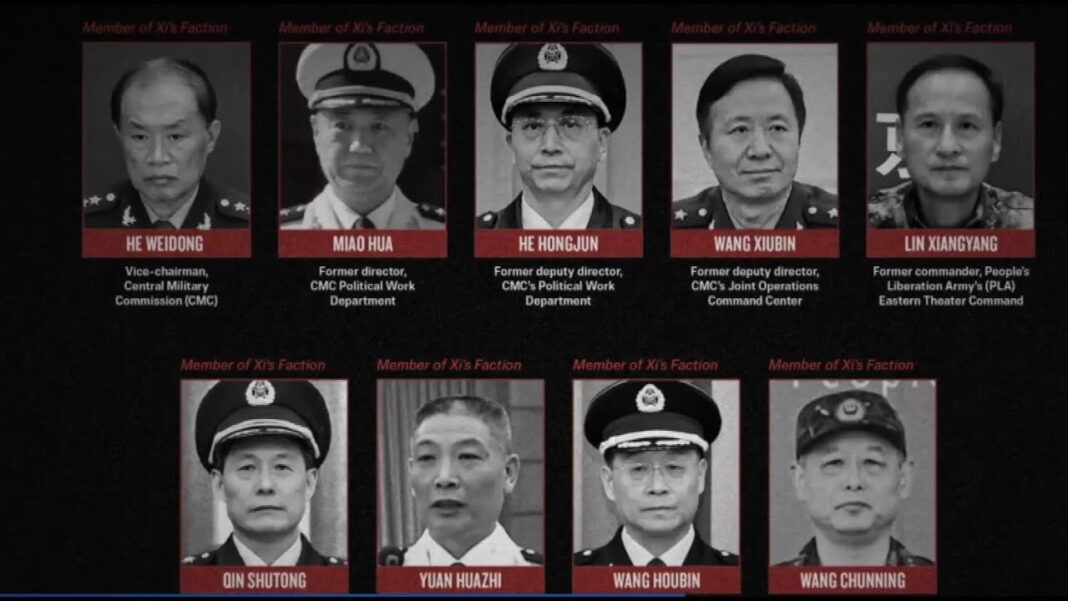CEO Jensen Huang says President Donald Trump’s tariffs have speeded the return of high-end chipmaking to the United States.
Nvidia CEO Jensen Huang said the United States has entered a new “industrial revolution” powered by artificial intelligence, crediting President Donald Trump’s tariff policies and manufacturing agenda for enabling the first-ever production of the company’s most advanced Blackwell AI chips on American soil.
While speaking from a semiconductor fabrication plant in Phoenix, Arizona, on Oct. 17, and later during an interview with Fox News, Huang said that Nvidia and Taiwan Semiconductor Manufacturing Co. (TSMC) have jointly reached volume production of U.S.-made Blackwell wafers—an achievement he called “a historic moment” in both technology and industrial policy.
“It’s the very first time in recent American history that the single most important chip is being manufactured here in the United States by the most advanced fab, by TSMC, here in the United States,” Huang said at the event. “This is the vision of President Trump of reindustrialization—to bring back manufacturing to America, to create jobs, of course, but also, this is the single most vital manufacturing industry and the most important technology industry in the world.”
The milestone was marked in a ceremony at the Arizona fab, where Huang joined TSMC executives to sign the first U.S.-produced Blackwell wafer—a symbolic gesture meant to highlight the reemergence of cutting-edge semiconductor production in the United States.
In his Fox News interview, Huang credited Trump’s tariffs and energy policies with speeding up the decision to manufacture advanced chips in the United States rather than keeping production overseas.
“This last week was a historic week,” he said on “The Sunday Briefing.”
“We manufactured the most advanced AI chips in the world, in the most advanced fab in the world, here in America for the first time. All of this started with President Trump wanting to reindustrialize the United States. His tariffs were a pressing agent in making this possible at the speed that we’re doing, and now just shortly after less than a year, we’re now manufacturing the most advanced chips for AI here in the United States. This is just the beginning of it.”
By Tom Ozimek







